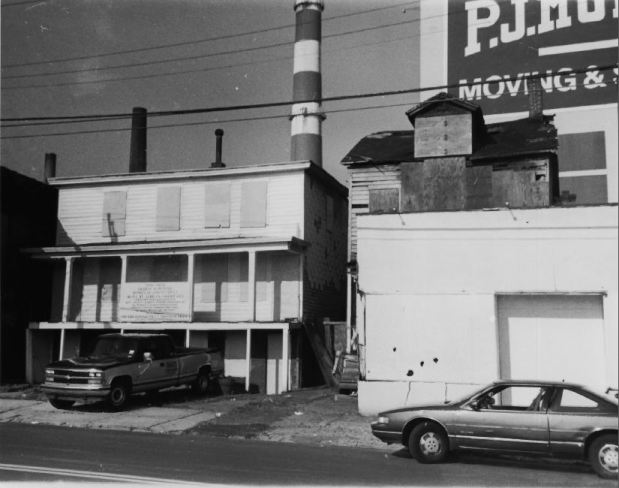The Mary and Eliza Freeman Houses are significant as the last two surviving homes of “Little Liberia,” a settlement of free African Americans in Bridgeport, Connecticut, that began in 1831 and reached its highest population just prior to the outbreak of the Civil War. The 1830s was a time when African Americans in the North, almost all free, started to leave rural areas and move to more populated, central communities. The origin of the name “Little Liberia” is based on oral tradition that the community’s inhabitants strongly identified with the new African nation established for freed African slaves. (Americans established the colony of Liberia in the 1820s as part of a controversial plan to relocate free individuals of African descent from the US to West Africa. Liberia became an independent nation in 1847.)
Stake Holders in “Little Liberia”
Mary (1815-1883) and Eliza (1805-1862) Freeman were born in Derby, Connecticut, 13 miles inland from Bridgeport. Born into freedom, the two women, who never married, became successful landowners. In 1848, the sisters purchased adjoining building lots in “Little Liberia” and utilized their homes as rental property while they worked and resided in New York. Their activities in New York in this period are little known. Eliza moved permanently from New York to Bridgeport around 1855 and worked as a domestic. At the time of her death in 1862, she had over $3,000 in real estate holdings in Bridgeport. Mary Freeman moved back to the community just prior to her sister’s death and subsequently bought out the interest of other heirs in Eliza’s properties.
Over the next years, Mary profited from her land holdings and was a much respected member of the community. Her 1883 obituary in the Bridgeport Standard reads, “Miss Mary Freeman, an old and well known colored lady, died at her residence at 114 Main Street yesterday… The deceased…had during her life accumulated considerable property, which is variously estimated from $30,000 to $50,000. She owned several houses on Main and Gregory Streets.” During their lifetimes the Freeman sisters overcame significant obstacles as women and as African Americans in 19th-century society.
© National Register of Historic Places and National Park Service. All rights reserved. This article originally appeared on the National Register of Historic Places Women’s History Month page.









